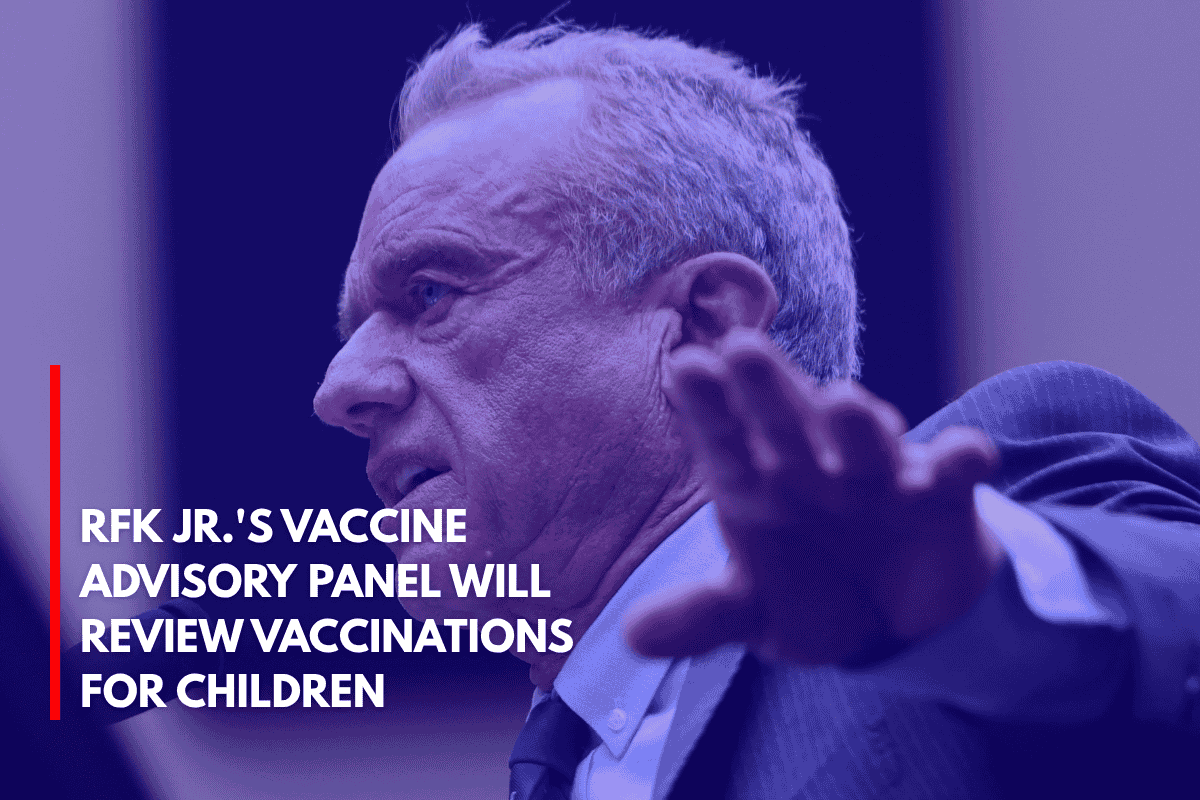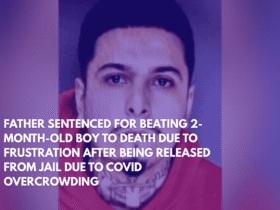A federal judge ruling has thrown the spotlight on the Advisory Committee on Immunization Practices (ACIP) after Health and Human Services (HHS) Secretary Robert F. Kennedy Jr. appointed a new group of panel members, aiming to examine the cumulative effects of vaccines on children and adolescents.
This move has sparked both support and criticism, drawing attention to the broader political and public health implications surrounding vaccine recommendations.
Kennedy’s Changes to the Vaccine Panel
At the start of the ACIP meeting, Martin Kulldorff, the ACIP chair, announced that the newly reorganized panel would review the childhood and adolescent vaccine schedule, considering factors such as the number of vaccines children receive and their timing. This review also includes looking into long-established vaccines, like those for measles and hepatitis B.
The changes come after Robert F. Kennedy Jr. dismissed all 17 previous members of the panel, accusing them of conflicts of interest. He quickly appointed eight new members, though one withdrew just before the meeting, leaving seven members to vote on the day’s agenda.
Focus of the New Panel
Kulldorff emphasized that the panel was given a mandate to base its recommendations on evidence-based medicine. The committee will not label vaccines as “all good or all bad” but will consider their cumulative effect, especially regarding potential interactions between vaccines, the total number of vaccines, and the ingredients used in their formulation.
Two new ACIP workgroups will investigate these issues. One group will focus on the childhood and adolescent vaccine schedules, while the other will look at vaccines that have been approved for over seven years, such as the hepatitis B vaccine and the MMR (measles, mumps, rubella) vaccine.
Political and Public Health Reactions
The reshaping of ACIP by Kennedy has ignited controversy. Public health groups have criticized the overhaul, with Chrissie Juliano, executive director of the Big Cities Health Coalition, arguing that vaccine recommendations should be based on scientific evidence, not political motives.
The American Academy of Pediatrics (AAP) also announced that it would no longer participate in ACIP hearings, stating that it could not lend its expertise to a system now being politicized.
The insurance industry, however, expressed support for continued coverage of vaccines. America’s Health Insurance Plans reiterated its commitment to ensuring that vaccines remain accessible and affordable to all Americans, encouraging people to consult their healthcare providers about vaccines.
Trump’s Criticism of Vaccine Coverage
The Trump administration has also weighed in on the vaccine debate. President Donald Trump launched an attack on CNN and other media outlets for questioning the effectiveness of the recent U.S. airstrikes on Iranian nuclear facilities, with Trump accusing CNN of misleading the public by downplaying the success of these strikes.
Trump also criticized the ACIP process, especially regarding its consideration of thimerosal, a controversial vaccine preservative. Critics of thimerosal have long linked it to autism, although these claims have been widely debunked by scientific studies.
Senator Bill Cassidy expressed concern over the rushed nature of the ACIP meeting, particularly because the panel had fewer members and lacked broad expertise in vaccines and immunology.
A Controversial Move
Kennedy’s overhaul of the ACIP is part of a larger strategy that continues to influence U.S. public health policy. While the review of vaccine schedules is seen as a necessary step in ensuring public safety, the decision to alter the makeup of the advisory committee has raised questions about the politicization of science and its potential impact on public trust.
The HHS secretary’s focus on potential flaws in the childhood vaccine schedule and his involvement with the Children’s Health Defense, a notorious anti-vaccine group, has heightened concerns about the future direction of U.S. vaccination policies.











Leave a Reply